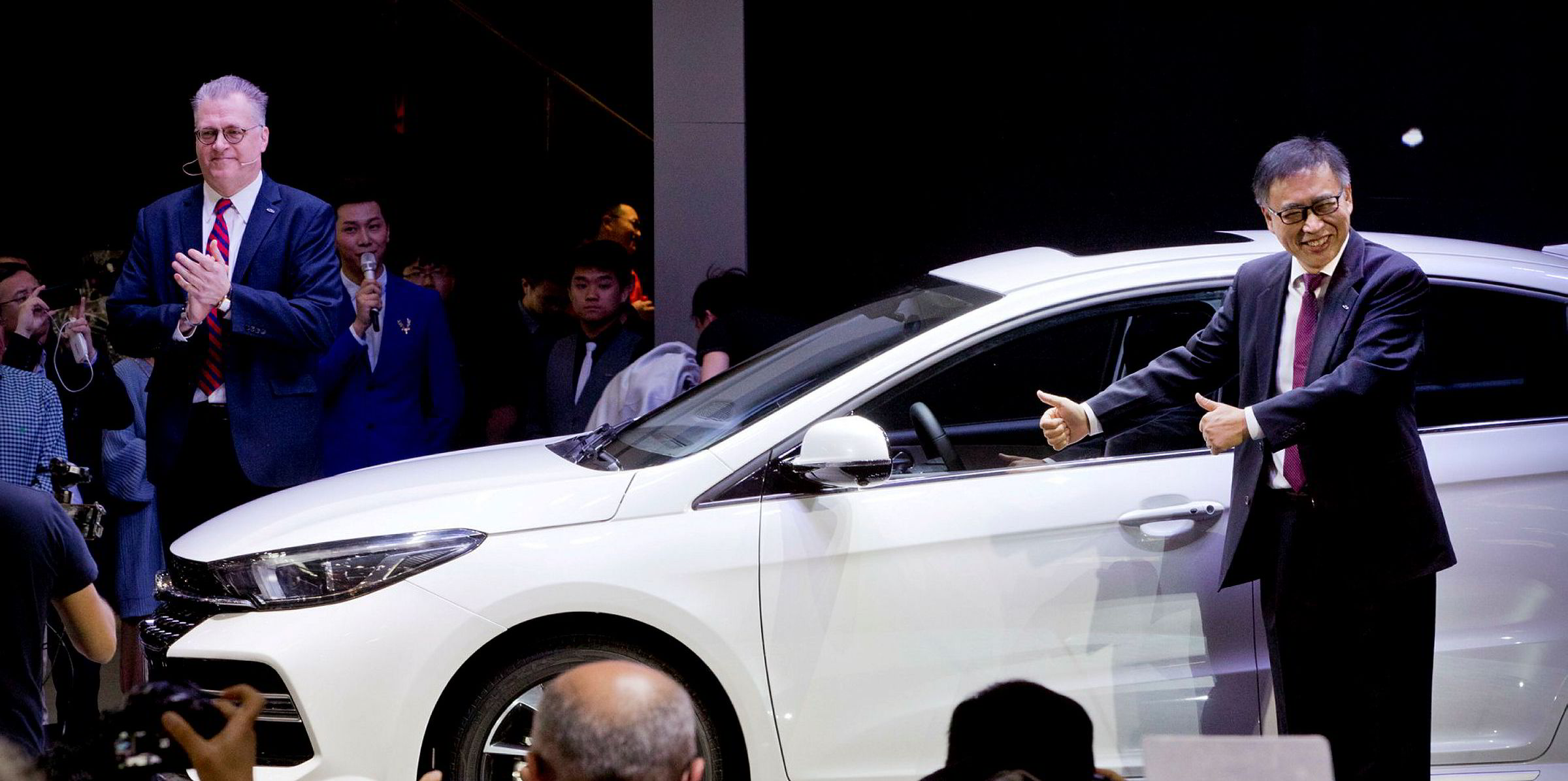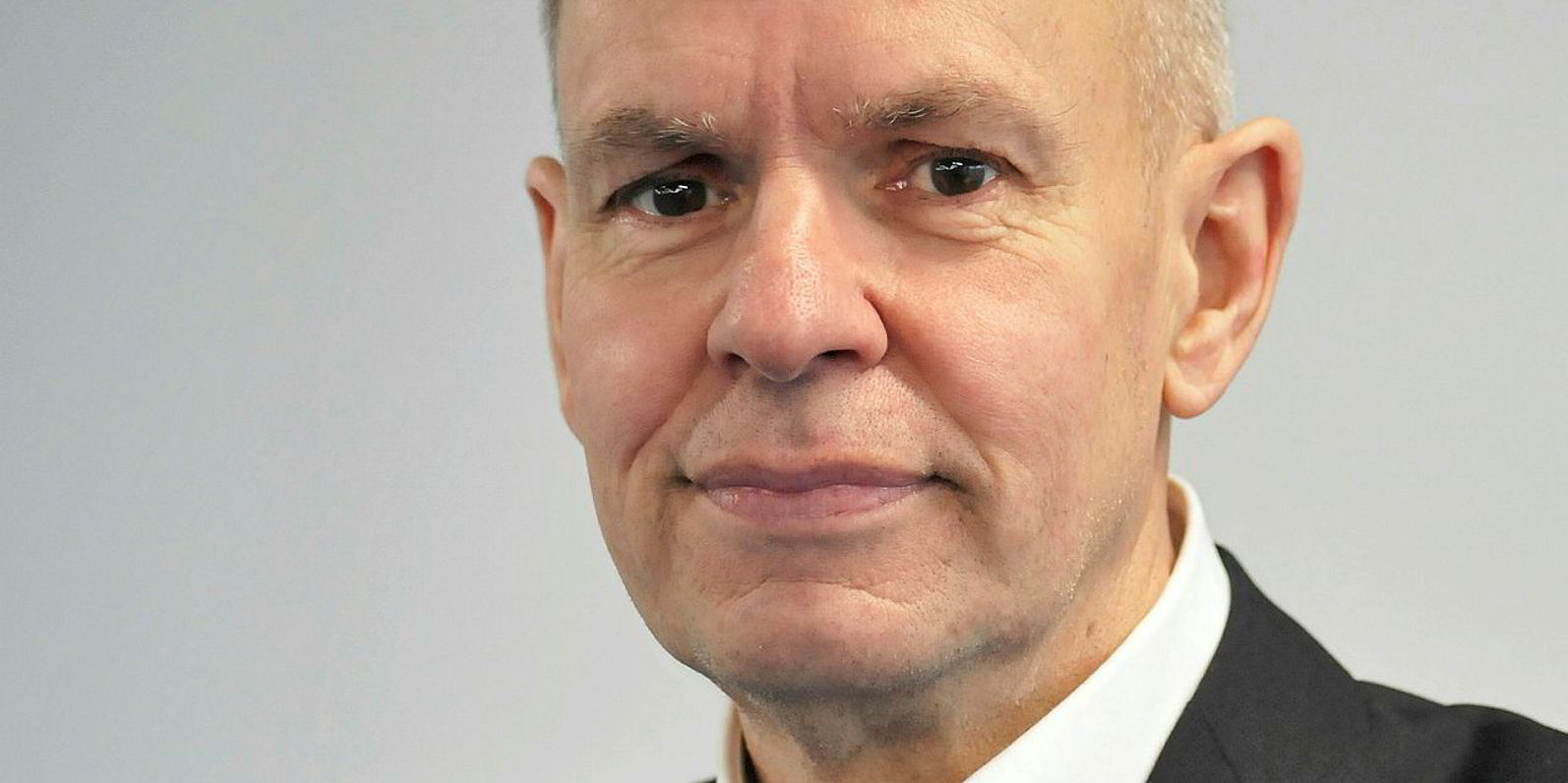Few in the shipping industry will have noticed a Chinese car manufacturer has just won permission to sell its products in Norway.
State-owned Chery Automobile's low-cost electric vehicle (EV) Arrizo will be the first of six Chinese EVs set to launch in a Nordic country, leading the world in the transition to low-carbon transport.
Half of all car sales in Norway during the first six months of 2019 were fully electric and EVs could take 10% of the new car market in California and Britain this year, some analysts predict.
Car-free cities
Meanwhile there is increasing talk of “car-free cities” — moving to bikes, buses and light transport. New figures show the number of car-owning households in Paris has shrunk from 60% to 35% since the beginning of the millennium.
US energy analyst Gregor Macdonald predicted this week that the life of the internal combustion engine is going to end much more quickly than expected.
This will have massive implications for the world of oil, tankers and all the crude and product infrastructure needed onshore.
Chery is a Wuhu-based company set up by the Chinese government 10 years ago. The Arrizo is a saloon car expected to be 25% cheaper than a Tesla and to provide tough competition for smaller leading EV brands, such as VW’s eGolf and Nissan’s Leaf.
Volvo is gearing up for an assault on the posher end of the Norwegian market with its XC40 Recharge hybrid. Audi is aiming to launch two EV SUV models for the China market in the next two months.
Market slump
The total Chinese car market fell by over 10% in the first nine months of the year due to the wider economic slowdown, but EV sales (including plug-ins and hybrids) rose by more than 20%.
The use of petrol and diesel road fuel fell last year in China — the biggest car market and oil importer in the world — for the first time in half a century.
The share of the global car market taken by EVs is on course to reach 6.5% in 2019, compared with 4.5% in 2018 and 2.7% in 2017. It is still relatively small but accelerating very fast.
The conclusion we should draw is that a well-established adoption curve is underway for EVs in China. There is no going back
Gregor Macdonald
“The conclusion we should draw is that a well-established adoption curve is underway for EVs in China. There is no going back,” Macdonald said.
Earlier this year, he said: “There is a storm brewing for combustion, and I’ve been adamant the internal-combustion engine is on the front line of that vulnerability.”
Meanwhile, power production around the world is on a journey from oil-based fossil fuels to electricity-based renewables.
Renewables boost
The UK has just announced that more electricity was produced over the past three months by wind and solar than fossil fuels for the first time since the first coal plant was constructed in 1882.
Everyone will have their own view on how fast the world will transit to a lower carbon future.
Many maritime and other industrial leaders will be more familiar — and trusting — of long-established analysis by the International Energy Agency (IEA) or BP and Shell.
For years, Fatih Birol, the head of the IEA, has argued that the current wave of EV adoption is still too small to bring an end to the oil age.
He expects jet fuel and plastics to pick up where there is any drop off elsewhere.
There is nothing to stop the costs of technology falling and fossil-fuel regulations rising in line with the Paris Agreement on climate change
But the IEA, BP and Shell have repeatedly underestimated the roll-out and growth of renewables and EVs. BP says EVs will control only 15% of the global car market by 2040. Is this likely on the current trajectory?
Certainly BP’s own Energy Outlook, released earlier this year, estimated the average annualised growth rate of global oil demand to be 0.3% from 2017 to 2040. It expected almost 80% of that increase to be by 2025.
Classification society DNV GL, which advises the shipping and energy industries, has talked of 2023 being the year of peak oil demand due to EV growth.
And there is nothing to stop the costs of technology falling and fossil-fuel regulations rising in line with the Paris Agreement on climate change.
Is the tanker industry — or are we — really ready for the age of electric?





